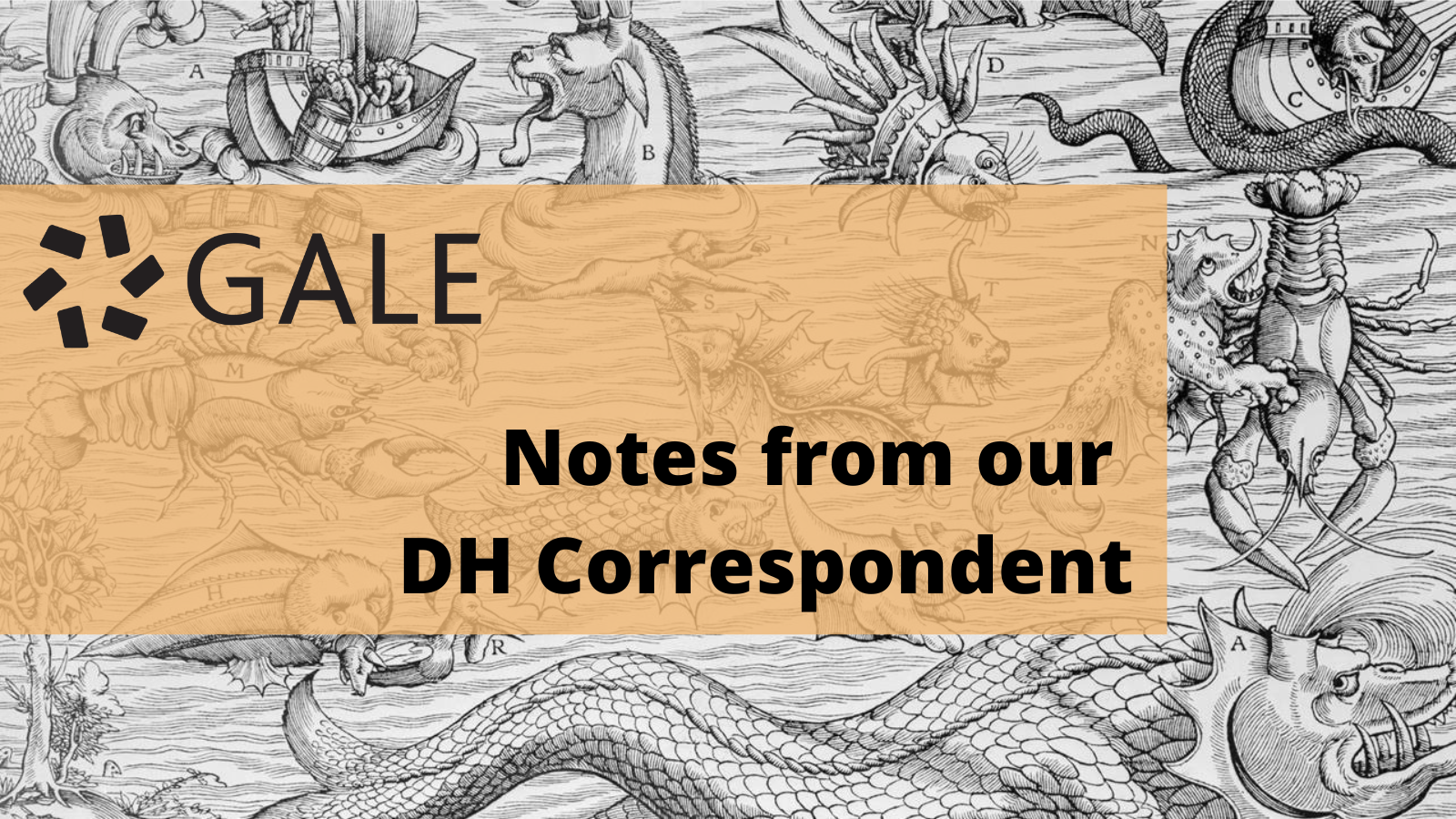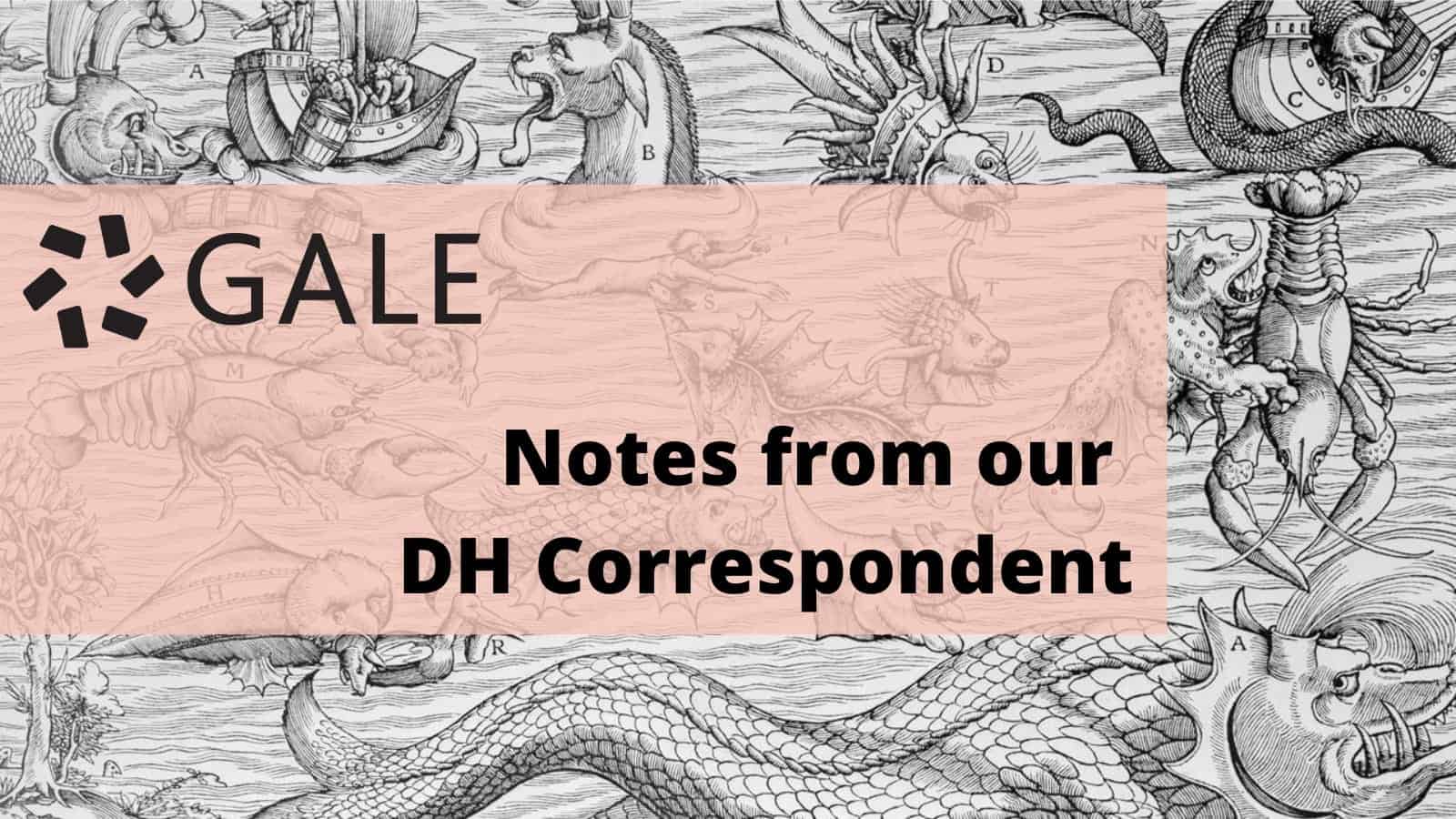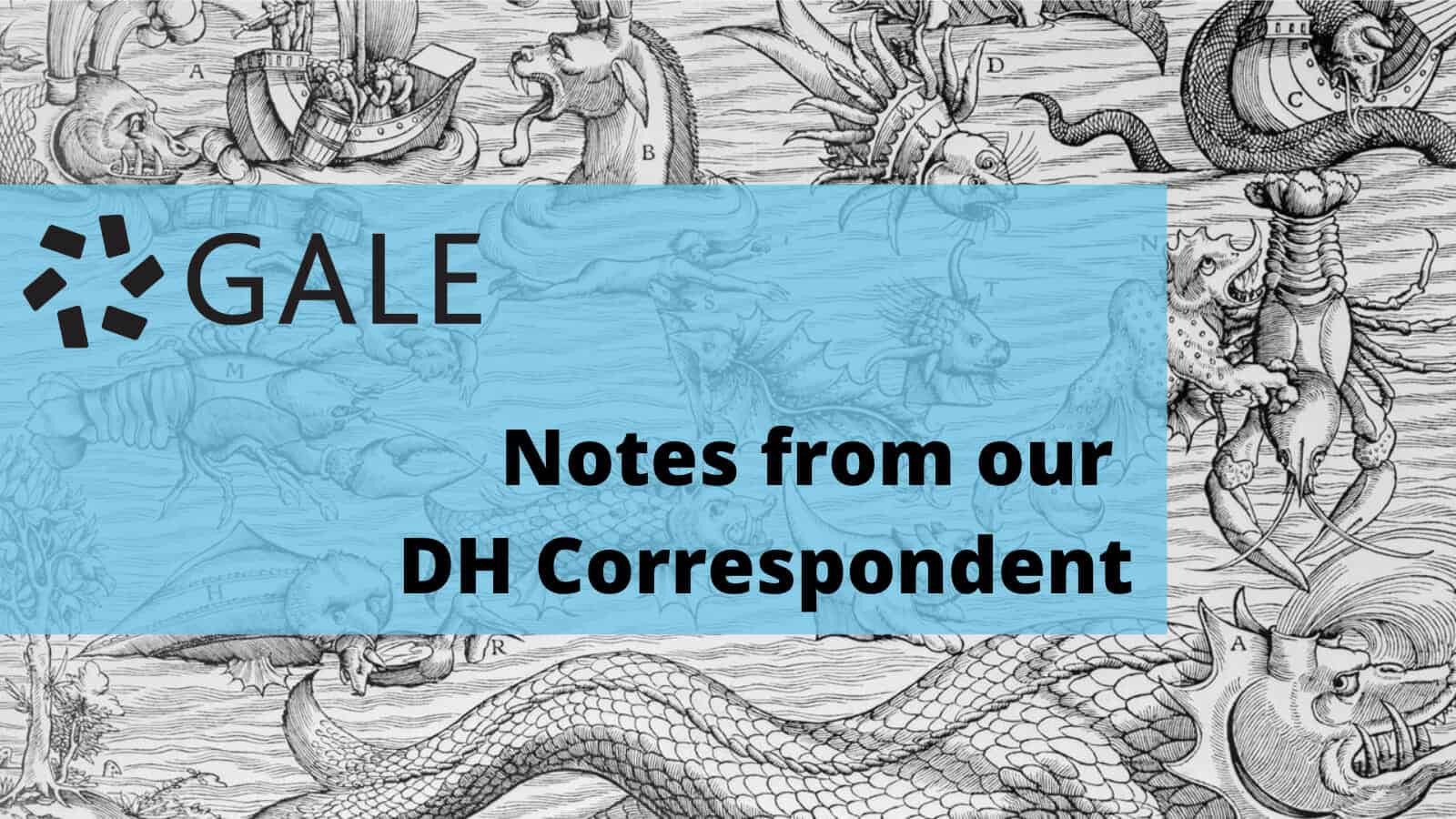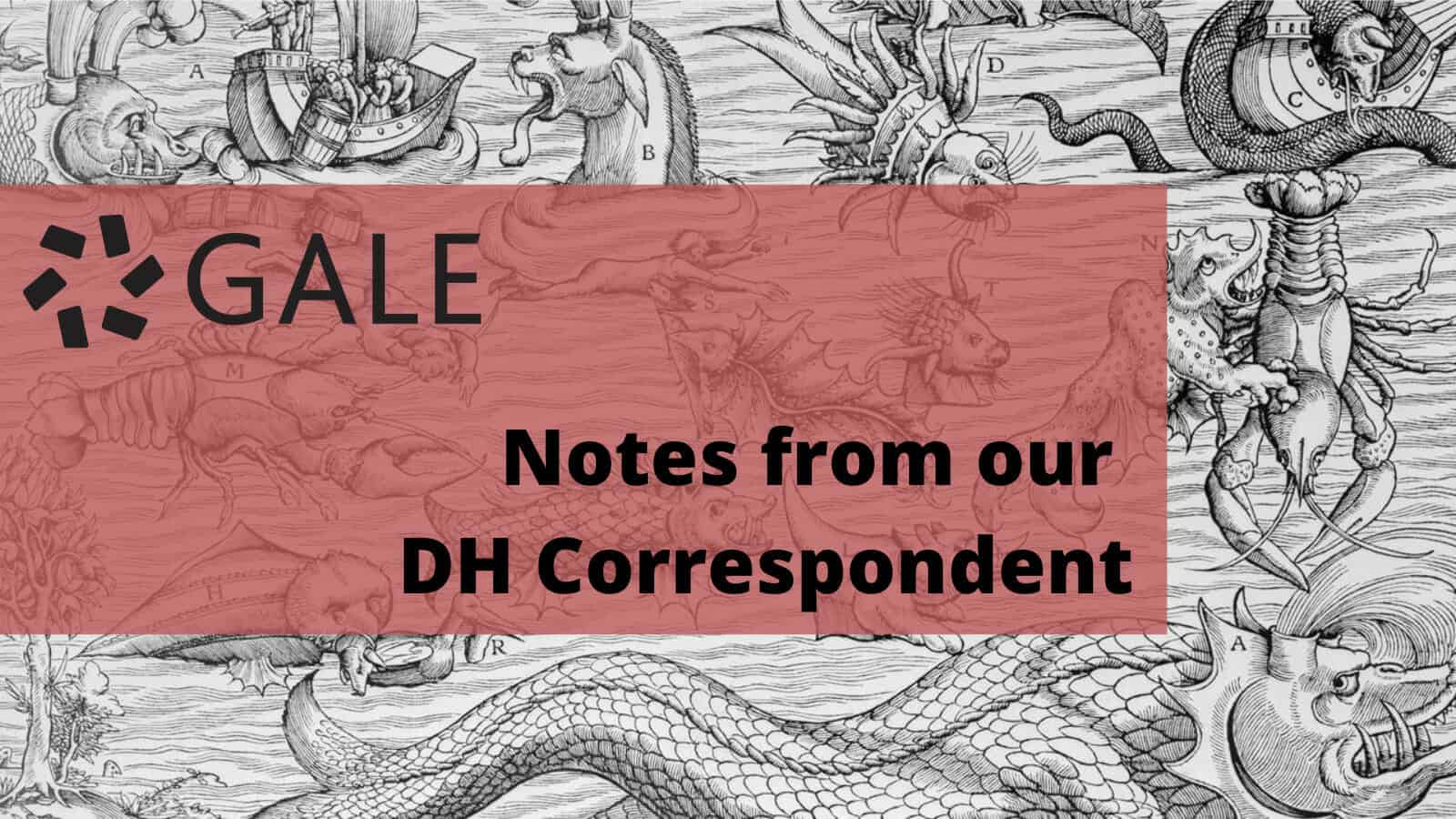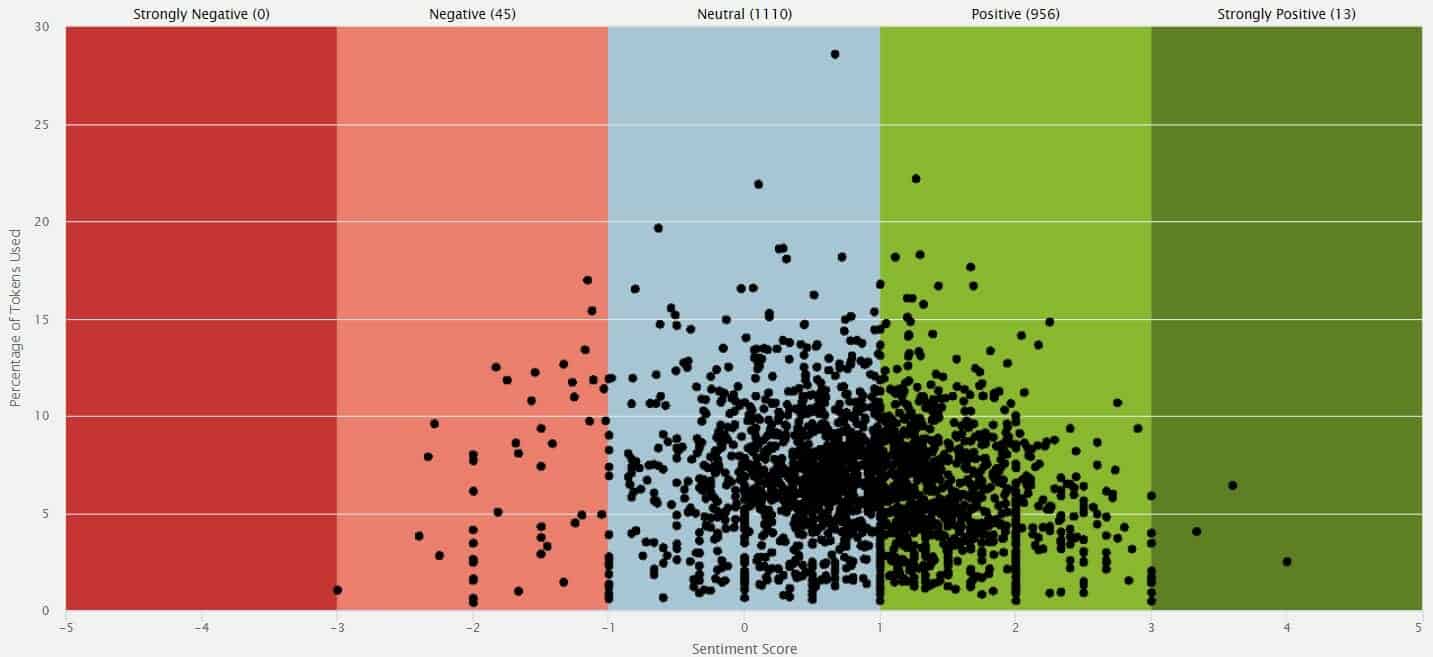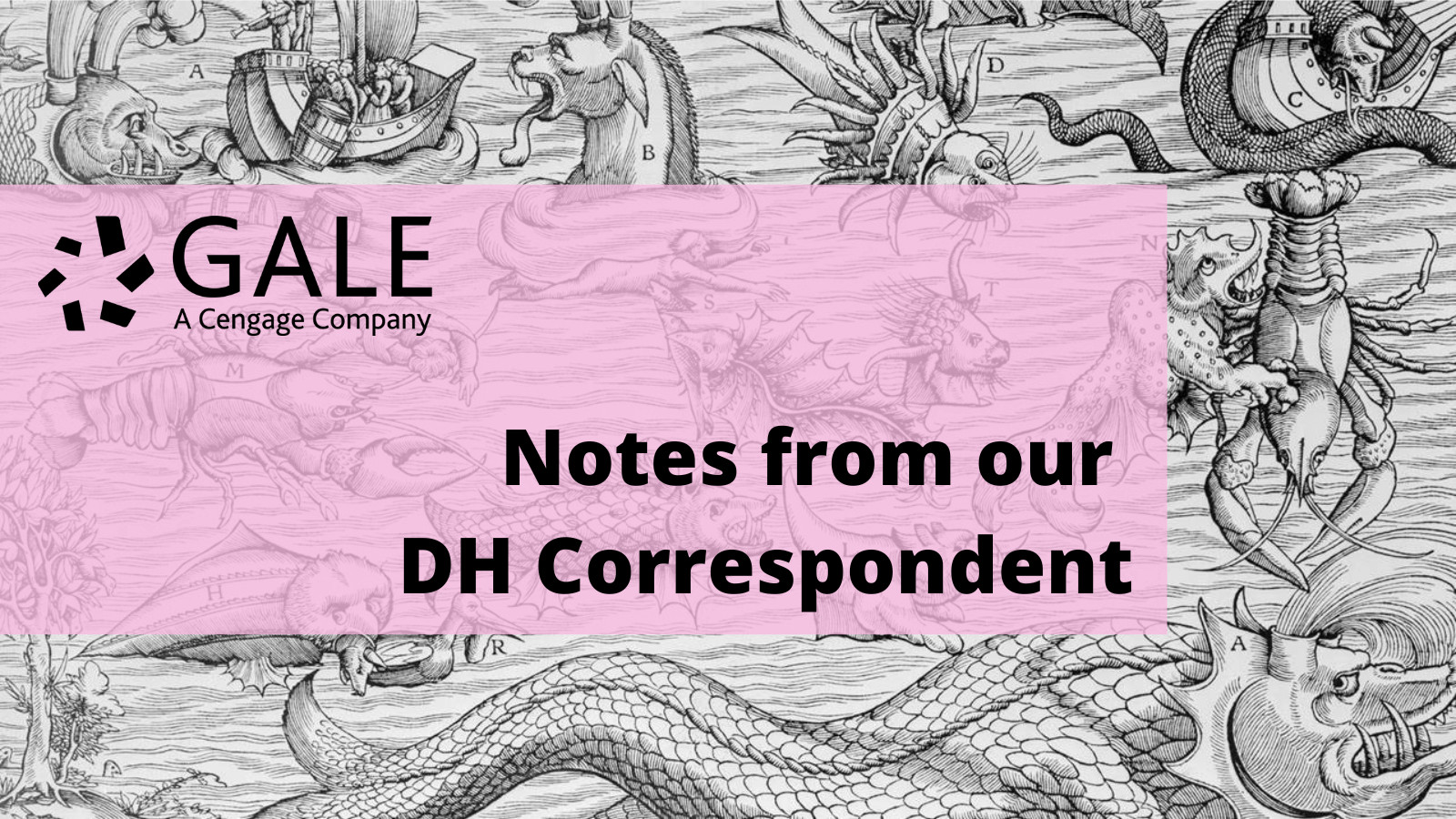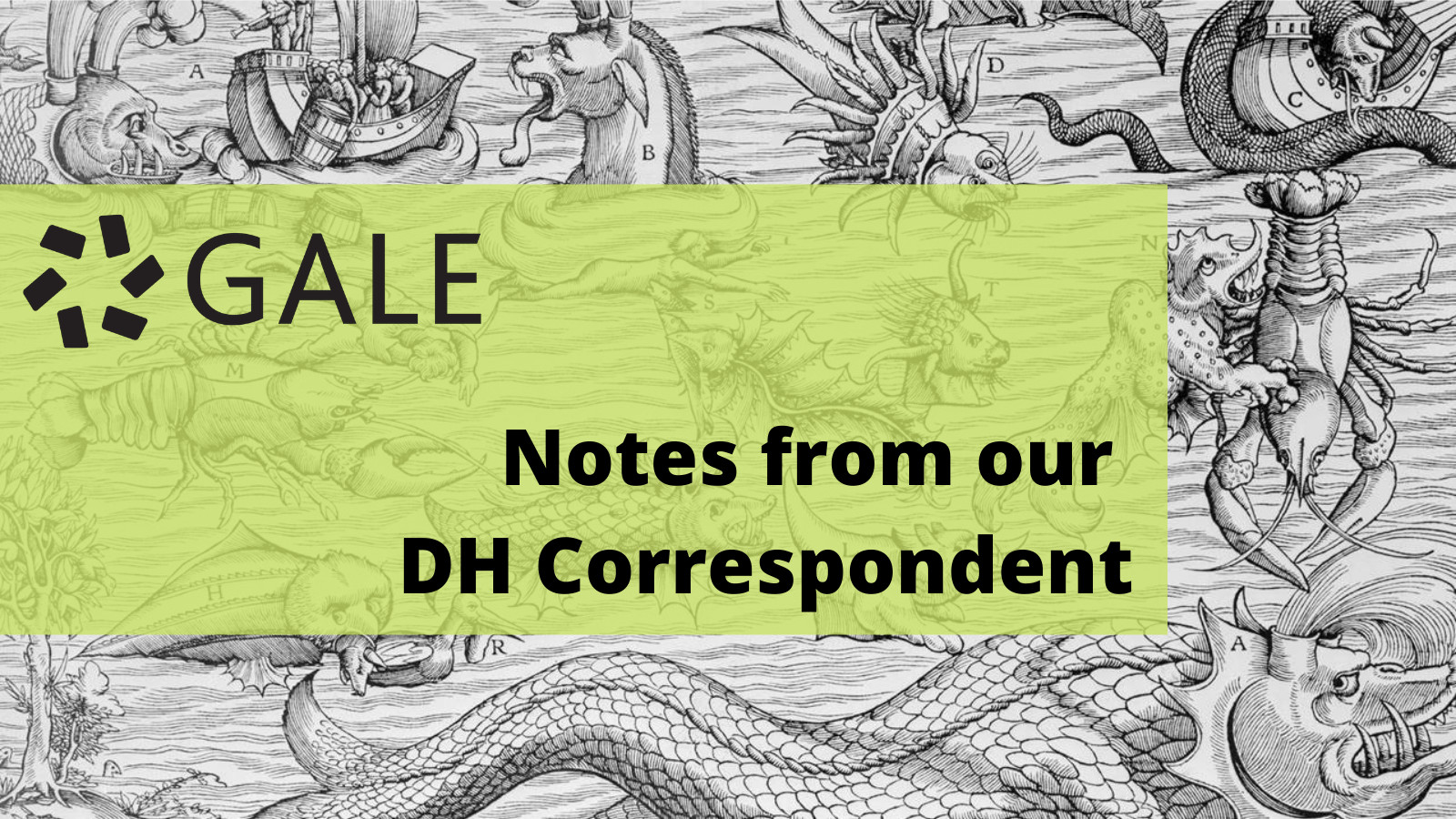│By Caley Collins, Gale Ambassador at University College London (UCL)│
At 100 years’ old, The Great Gatsby is more popular than ever. F. Scott Fitzgerald’s seminal 1925 novel encapsulates the obsessive nature of the American Dream alongside investigating truths about love and desire. Novels like this are one example of a primary source, with primary sources being first-hand accounts of contemporary periods and phenomena.
Needless to say, various types of primary source should be positioned differently within the creation or evidencing of an argument, and each source has many arguments that can be drawn out from it. But what are the best ways to use these primary sources? This post will guide you through the process of finding and using primary sources from Gale Primary Sources, starting with The Great Gatsby.


